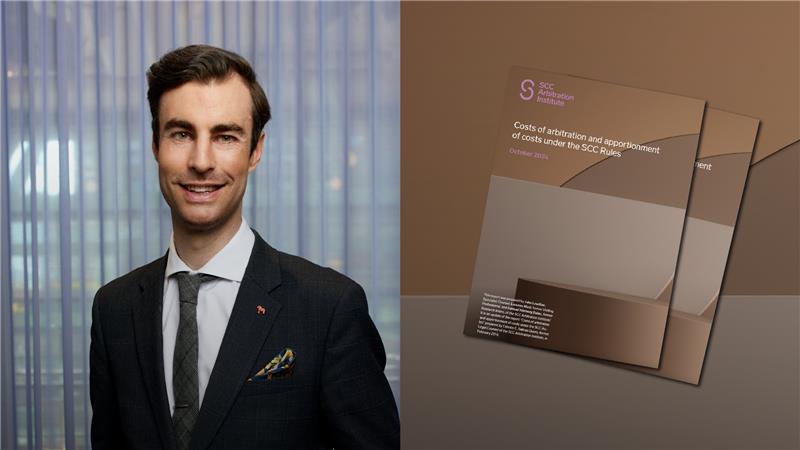Arbitration costs under control – insights from the SCC’s 2024 report
This article is the first in a two-part series exploring the findings of one of the SCC Arbitration Institute’s flagship reports released in 2024: the updated analysis of costs and apportionment under the SCC Rules.
Published

Drawing on an analysis of 221 arbitral awards rendered between 2015 and 2022, the report offers a comprehensive look at how arbitration costs are evolving – and how parties can influence them.
Key insights:
- Legal representation remains the dominant cost driver, accounting for over 90% of total costs in most cases.
- The SCC’s own fees and tribunal costs represent a small fraction of the costs, just 6.9% in sole arbitrator cases and 7.2% in three-member tribunals.
- Median durations of arbitrations have dropped to 7 months (sole arbitrator) and 10 months (three arbitrators), suggesting the influence of digital tools like the SCC Platform on efficiency.
- “Winner takes it all” is increasingly the norm in cost apportionment, with 69% of arbitral tribunals awarding full costs to the prevailing party.
“The data confirms what many practitioners have long suspected: legal strategy and procedural choices—not institutional fees—are the primary drivers of cost,”
– Jake Lowther, Specialist Counsel
The report confirms that arbitration under the SCC Rules remains a cost-efficient and time-effective method of dispute resolution. Parties who manage their cases strategically – by streamlining submissions and avoiding unnecessary procedures – can significantly reduce their legal spend.